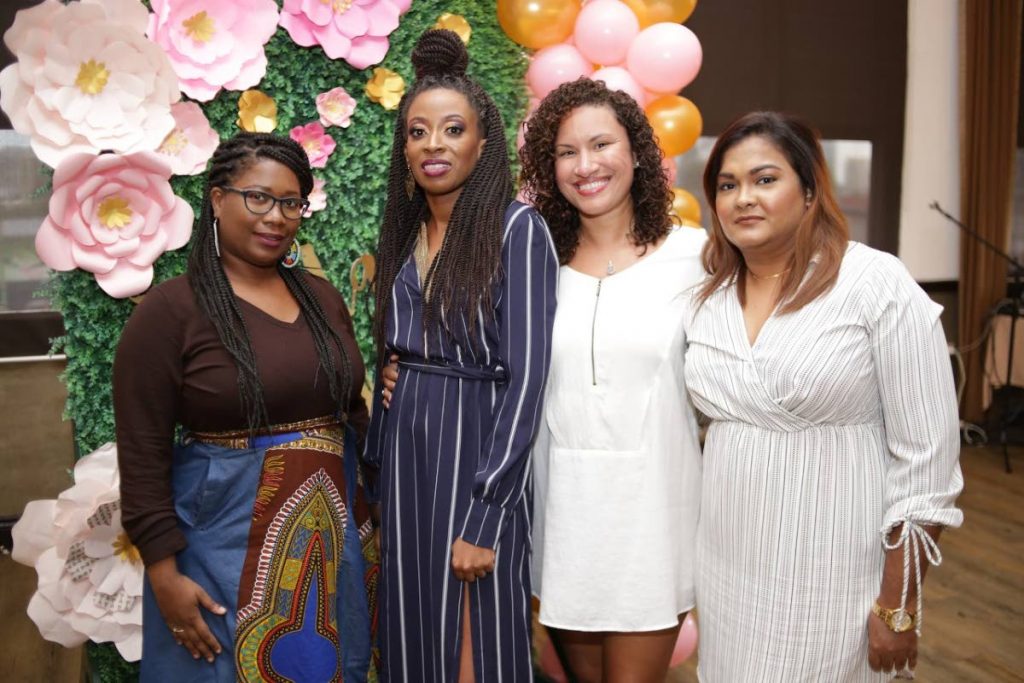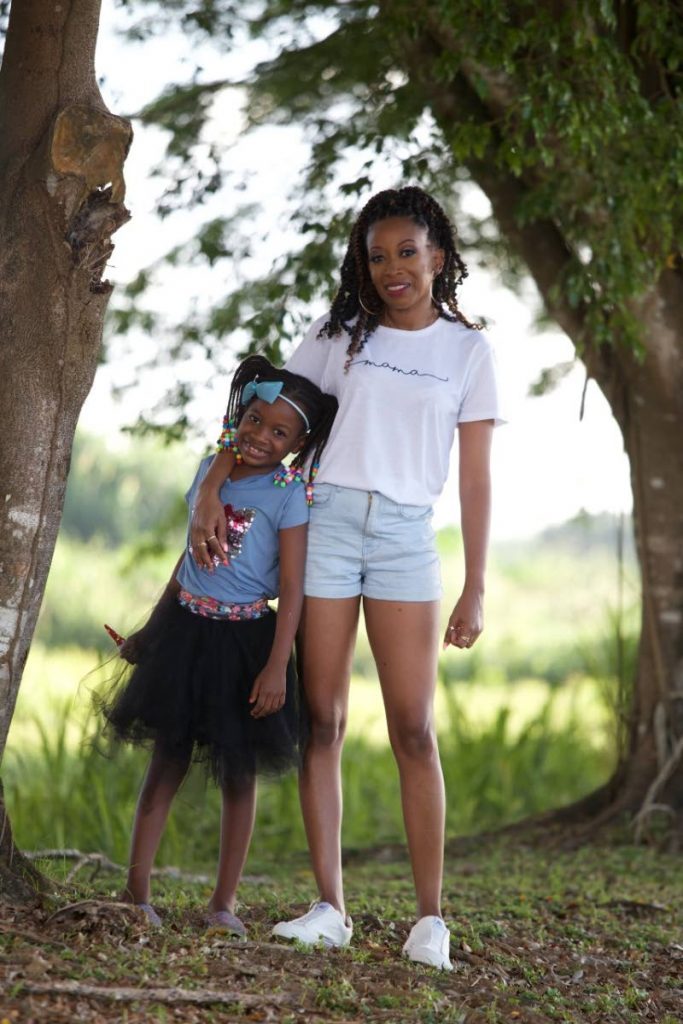Ameniki Omotola - 17 years a slave to lupus

AMENIKI OMOTOLA has been living with lupus since 2004. She was diagnosed with the autoimmune disease when she was 22, and in her sophomore year at Fairleida Dickinson University in New Jersey.
Lupus occurs when the body's immune system attacks its own tissues and organs. Inflammation caused by lupus can affect many of the body’s systems and organs, including joints, skin, kidneys, blood cells, brain, heart and lungs.
According to the Mayo Clinic, lupus may be caused by a combination a person's genetics and environment. Lupus is more common in women, among people aged 15-45, and in people of African, Hispanic and Asian descent.
Omotola is now close to her 39th birthday and describes her experience living with the disease as “17 years a slave” of being shackled to meds to manage the symptoms. Her treatment sometimes includes at least six-ten pills a day.
“I can’t forget to take the meds, and it must be done on an empty stomach, at least two hours before I eat. If I don’t do it, I get up feeling like trash. And I have to take the early-morning meds to help push me through the day,” she told Newsday.

As if living with the disease isn’t bad enough, Omotola said the additional burden of having to try to make her way through a pandemic with an already compromised immune system has been a nightmare. The constant hand-washing, having to avoid crowds, and wearing a mask in public were an added challenge for Omotola, the single mother of a seven-year-old daughter, Amaziah.
“I was afraid to go to the market, to the mall, even visit friends.”
But now that she has received her first dose of the covid19 vaccine she is more comfortable, although she knows she can still contract the virus and has to continue being extra careful. She received her shot on April 25 at the racquet centre in Tacarigua.
“I was very sick after, not with aches and pains but diarrhoea and vomiting. But I’m glad I got it...I’m a lot less anxious now.”
As a school guidance officer, in addition to counselling students, Omotola is expected to help them find their way through the maze that is covid19 and the effects of the restrictions imposed as a result of it, including the state of emergency that took effect on May 16.
“As guidance officer I am timetabled for classes during the day. Part of my duties is helping children adjust to online school, helping them adapt study skills for their exams. With form threes I help with the transitional process of choosing their subjects.
"It’s a stressful time for them, and the guidance officer’s office is a place where they can come to vent and get help to navigate this pandemic.”

Omotola also has her own online marketing company, Trinidad Mogulista, which she runs out of her Trincity home.
When she was first diagnosed, she said, her lupus was raging and she immediately flew to Tobago, where her mother was working, and was admitted to the Scarborough hospital. Among her symptoms were swollen feet, weakness, and loss of consciousness. The doctors told her mother it was touch and go.
She said she only vaguely recalls any of it.
“I just remember being on the hospital table with doctors talking over me.”
She was then airlifted to Trinidad and spent 21 days fighting for her life at the Eric Williams Medical Sciences Complex.
Eventually, she was able to return to university to complete her first degree in psychology and graduated in 2007, all the while struggling with her disease.
“I also did a master’s in psychology. It was difficult, but I pushed through.”
But even with all the physical challenges that accompany lupus, what she hates the most is that it hampers her from doing some of the things she would like to with Amaziah.
“For instance, I can’t take her to the beach as often as I would like, due to the excess sunlight, which triggers ultra-sensitivity, causing rashes, as well as itching and burning skin.”

Additionally, her struggle with brain fog is real, so she has to write everything down to remember it.
“But she (Amaziah) knows and understands that mummy has lupus and is my little helper, bringing meds and reminding me of stuff when I forget.”
Omotola said life is currently like a constant obstacle course – having to check homework, helping with projects, logging into Zoom to meet with students, dealing with her illness: “All of it is just so hard.”
On the bright side, though, the disease has helped her to learn to set better boundaries and develop routines and schedules.
She continues to have good days and bad days, and will always be grateful to her mother for her grit, positivity and prayers during her darkest times.
“She stood by my bedside every day, a total rock in that frightening time.”
As bad as lupus is, though, she does not view it as a death sentence. She said with support the burden can be lighter. She is a member of The Voice of Lupus Foundation, a non-governmental organisation formed in 2011 to offer support to people living with lupus.
"The organisation helps with things like getting meds, social development grants, understanding the disease and its side effects. Group meeting are virtual on Facebook and Instagram.
“When anyone with this disease smiles, know that smile has millions of tears behind it. Just because we carry the load so well, doesn't mean it isn't heavy…Support isn't always financial, but a heartfelt conversation is worth it as well.”


Comments
"Ameniki Omotola – 17 years a slave to lupus"